Books, Libraries, and Communities in the Time of Crisis
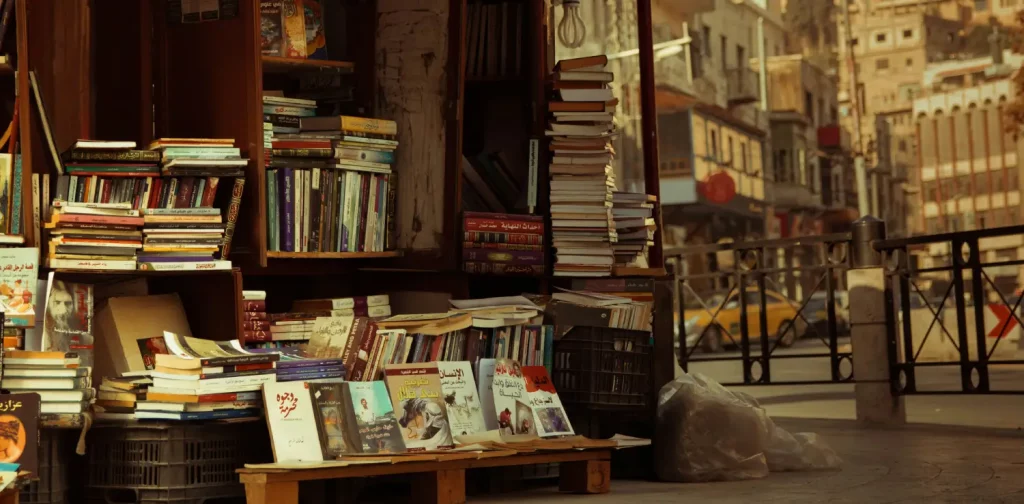
Photo: Ayman Yusuf on Unsplash.
Whether looking for fresh insights or deeply engaging stories, reading books offers valuable experiences. Despite technological advancement and the internet, libraries are still vital in ensuring books are available everywhere. In the middle of conflicts, libraries and communities can foster hope for the people affected.
Books in Wartime
War and conflict leave a lasting impact on everything, including people and the environment. In the education sector, these events can lead to higher chances of school dropouts. The affected students and communities can lose access to books because they cannot afford them or because the libraries have been destroyed during conflicts. In Gaza, for instance, libraries and bookshops are among the many buildings destroyed by Israeli force attacks.
Beyond entertainment, books and stories can be powerful tools for seeking solace and strength. They also provide a way to maintain access to education and preserve culture during wartime. In this case, libraries and communities become essential to people’s survival and empowerment in a crisis.
Libraries Without Borders
Bibliothèques Sans Frontières (Libraries Without Borders) is a humanitarian non-profit whose works revolve around bringing knowledge to those in need. In essence, Libraries Without Borders (LWB) deploys innovative approaches to build libraries and communities in places of conflict.
Libraries and communities are essential aspects of disaster relief efforts. One of LWB’s programs is the Ideas Box, a mobile multimedia center and learning hub. This pop-up library consists of books, crafts materials, a satellite for internet connection, laptops, tablets, and other tools that provide educational and cultural resources for refugees, displaced persons, and other communities in need. For children who need specific care during humanitarian crises, books and other entertainment kits can help them cope with stress and develop resilience.
“This library reminds us that education and culture are fundamental resources during war. They give a direction, a broader horizon. They are the resources that help these people grow and become healthier, happier, and more inspired participants in society,” said Hlib Lobanov from the Czech NGO People in Need.
The organization partnered with LWB to deploy an Ideas Box in Drohobytch, Ukraine, after the war escalated in 2022. LWB is currently deploying seven installments of Ideas Box across the country in collaboration with local communities.
Furthermore, the program also allows space for communities to grow. “One day in December, we welcomed more than 500 children and teenagers from the occupied territories around Donetsk,” said Anastassia Moldovan, the Director of the Kvadrat Regional Youth Center in Vinnytsia, Ukraine.
Fostering Libraries and Communities in Crisis
Over 100 million people are forcibly displaced globally. Ensuring access to books, information, and education is critical in a crisis to empower the affected people with hope and resilience. Therefore, humanitarian care must include efforts to foster libraries and communities.
Still, beyond empowering people in crisis with libraries and communities, the world must shift its focus to ending all forms of war, conflict, and violence. Governments and international organizations are responsible for creating environments where people can thrive safely and healthily in peace.
Editor: Nazalea Kusuma
Thank you for reading!
If you find this content useful, join GNA-International Annual Individual Membership and gain unlimited online access to all news and stories, including Exclusive Content that showcases sustainable development and sustainability cross-sectoral insights from multi-stakeholders in governments, businesses, and civil society in the Asia Pacific and beyond.

Kresentia Madina
Madina is a Reporter at Green Network Asia. She graduated from Universitas Indonesia with a bachelor's degree in English Literature. She has three years of professional experience in editorial and creative content creation, editing, and research.


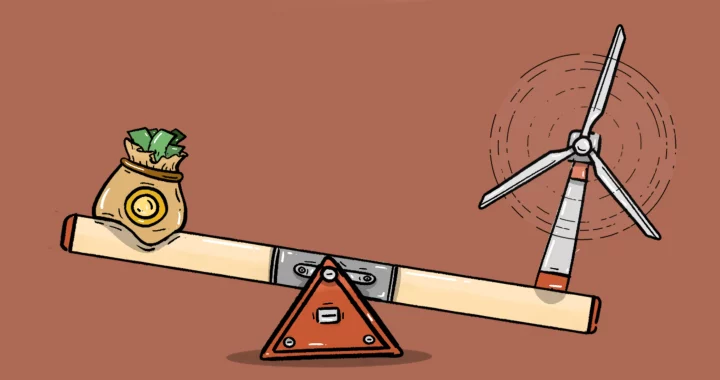 Developing Countries Need More Than Climate Financing to Decarbonize
Developing Countries Need More Than Climate Financing to Decarbonize 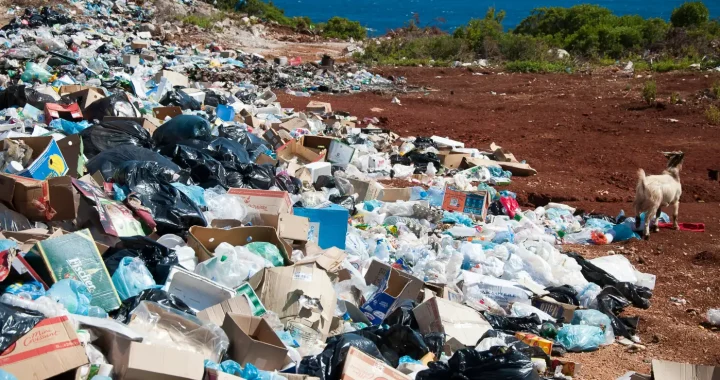 A Global Treaty to End Plastic Pollution is Underway
A Global Treaty to End Plastic Pollution is Underway 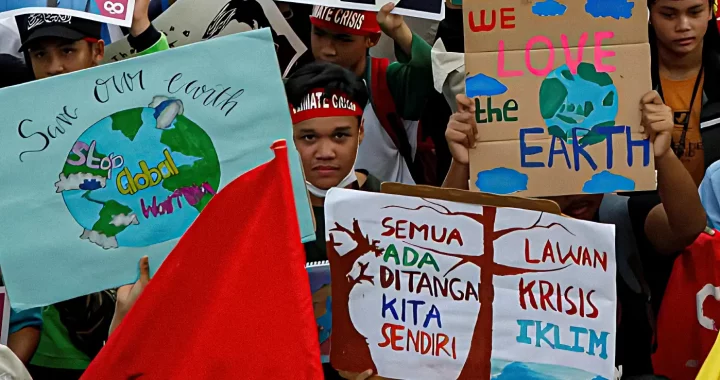 Indonesia Needs More “Climate Realists”
Indonesia Needs More “Climate Realists” 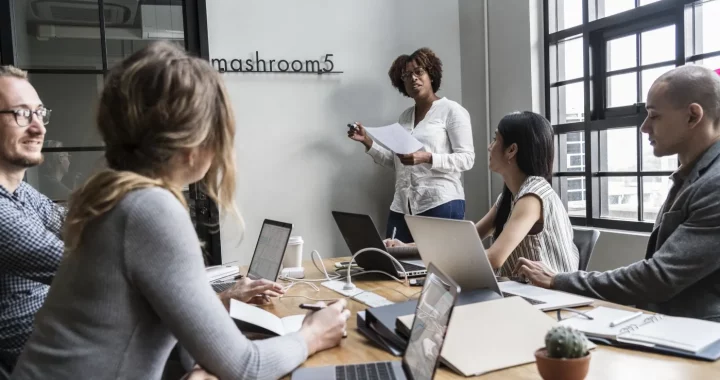 Mainstreaming Impact Investing for Sustainable Development
Mainstreaming Impact Investing for Sustainable Development 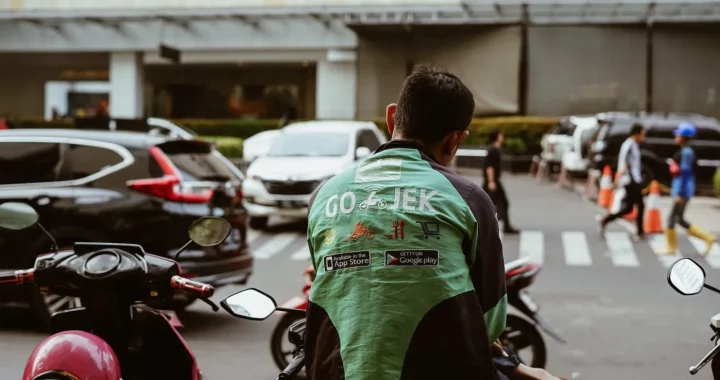 Social Protection for Indonesia’s Gig Economy Workers
Social Protection for Indonesia’s Gig Economy Workers 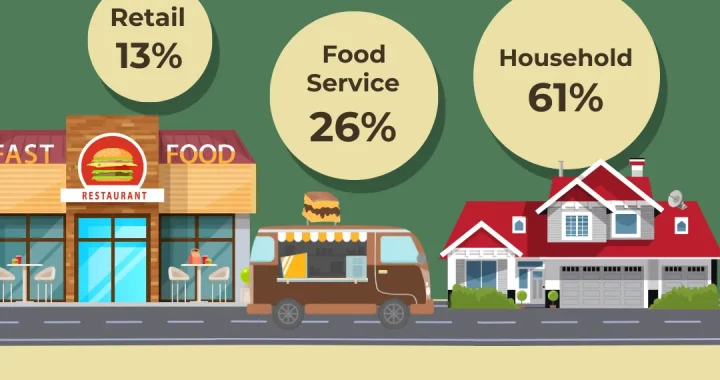 Food Waste in Southeast Asia
Food Waste in Southeast Asia